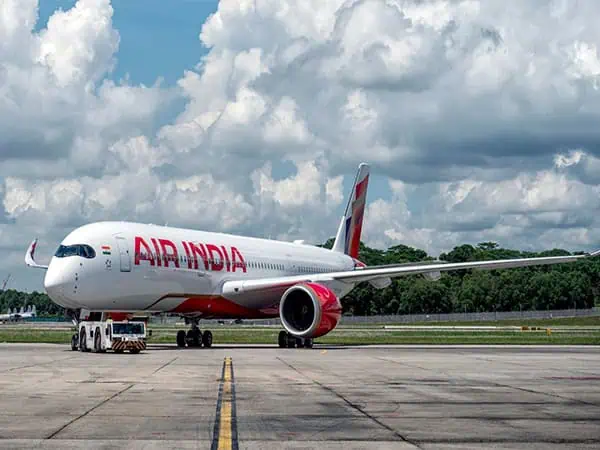Supreme Court Steps Into Air India 171 Crash Probe
The Supreme Court of India has taken cognisance of a Public Interest Litigation (PIL) filed by aviation safety NGO Safety Matters Foundation, which challenges the preliminary findings into the tragic crash of Air India flight AI 171. The court described the narrative blaming pilot error as “unfortunate” and directed the Union government, the Directorate General of Civil Aviation (DGCA), and the Aircraft Accident Investigation Bureau (AAIB) to respond to the petition.
The crash, which occurred on June 12 shortly after the flight took off from Ahmedabad for London Gatwick, claimed 265 lives, including 12 crew members, 229 passengers, and 19 people on the ground. The disaster, one of the deadliest in India’s aviation history, has triggered widespread concerns over safety protocols, transparency in accident investigations, and accountability of regulatory bodies.
The Controversial Preliminary Report
In July, the AAIB released a preliminary report that referred to cockpit voice recordings. The transcript highlighted an exchange between Captain Sumeet Sabharwal and First Officer Clive Kundar, where one asked, “Why did you cut off?” to which the other responded, “I didn’t.” This revelation fuelled speculation that a pilot had inadvertently shut off fuel supply to the aircraft’s engines.
The Safety Matters Foundation argued that this suggestion unfairly implied pilot error without addressing possible technical defects. The NGO maintained that attributing the cause of the crash to human error in such an early stage was misleading and undermined confidence in the investigation process.
Petitioner’s Claims: Flawed and Biased Inquiry
Appearing for the petitioner, Senior Advocate Prashant Bhushan contended that the preliminary report concealed critical technical findings and violated citizens’ fundamental rights to life, equality, and access to truthful information. He highlighted concerns over known issues such as fuel-switch malfunctions and electrical faults, which were not adequately addressed in the report.
Mr Bhushan also criticised the composition of the five-member probe team, noting that three of its members were serving officials from the DGCA. According to him, this amounted to a serious conflict of interest, as the same regulator responsible for overseeing aviation safety was also tasked with investigating its own possible lapses. “How can employees of the organisation under scrutiny fairly examine its role in the tragedy?” he asked.
He further stressed that despite more than 100 days passing since the incident, only a preliminary report had been released, offering no clear preventive measures. “Passengers on Boeing aircraft remain at risk because systemic failures are not being transparently discussed,” Mr Bhushan argued.
Supreme Court’s Observations
The bench, comprising Justice Surya Kant and Justice N Kotiswar Singh, acknowledged the need for a fair and impartial probe but cautioned against premature disclosure of all investigative details. Justice Kant noted, “Suppose tomorrow, it is said that pilot ‘A’ is responsible. The family of the pilot is bound to suffer.”
The court also condemned leaks to international media, including an article in The Wall Street Journal, which hinted that the report would blame the pilots even before official publication. “Such unfortunate and irresponsible statements create public distrust and compromise confidentiality,” Justice Kant remarked.
Survivors, Victims, and Public Outcry
The tragedy left only one survivor, a passenger who escaped with severe injuries. The aircraft had crashed into a medical college hostel near Ahmedabad, killing 19 people on the ground and devastating dozens of families. The scale of loss has intensified calls for accountability, especially from the families of victims who demand that the truth behind the disaster be revealed transparently.
The PIL has amplified those concerns, with aviation experts and civil society groups echoing that systemic issues, such as inadequate safety audits and outdated aircraft maintenance protocols, should not be obscured by a simplistic attribution to pilot error.
The Road Ahead
The Supreme Court’s intervention is expected to set the course for a more thorough and independent inquiry. The responses of the Centre, DGCA, and AAIB will determine whether a fresh panel or an external body will be mandated to investigate the crash.
For now, the judgment underscores a delicate balance: while the confidentiality of ongoing probes is crucial, the rights of citizens to safety and truthful information cannot be compromised. With mounting scrutiny, the aviation regulator faces the challenge of restoring public faith in its ability to ensure air safety.








